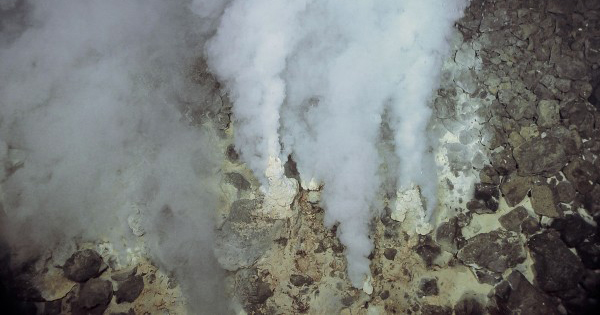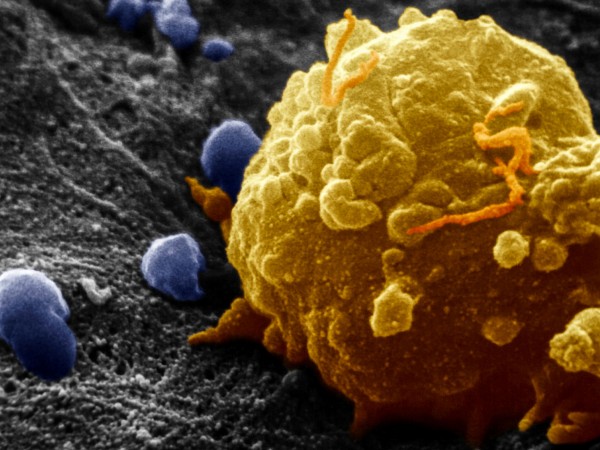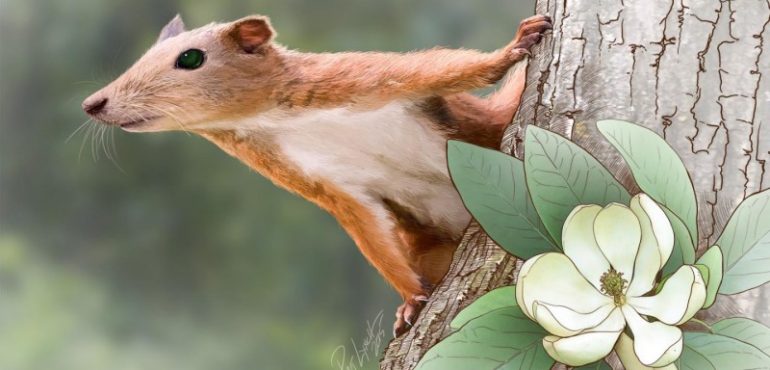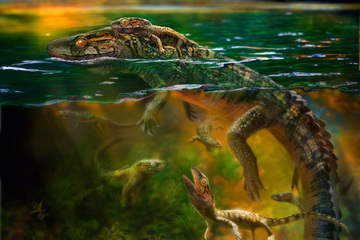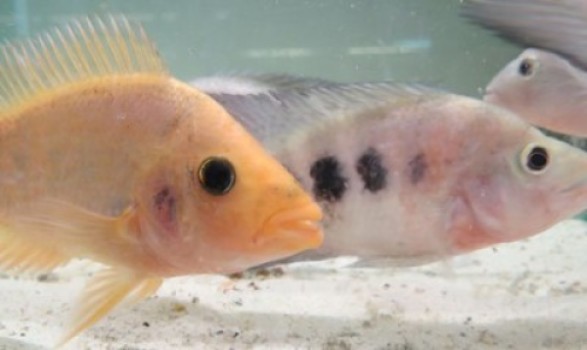A new procedure can quickly and efficiently increase the length of human telomeres, the protective caps on the ends of chromosomes that are linked to aging and disease, according to scientists at the Stanford University School of Medicine. Treated cells behave as if they are much younger than untreated cells, multiplying with abandon in the…
Read more
Telomere extension turns back aging clock in cultured human cells, study finds



